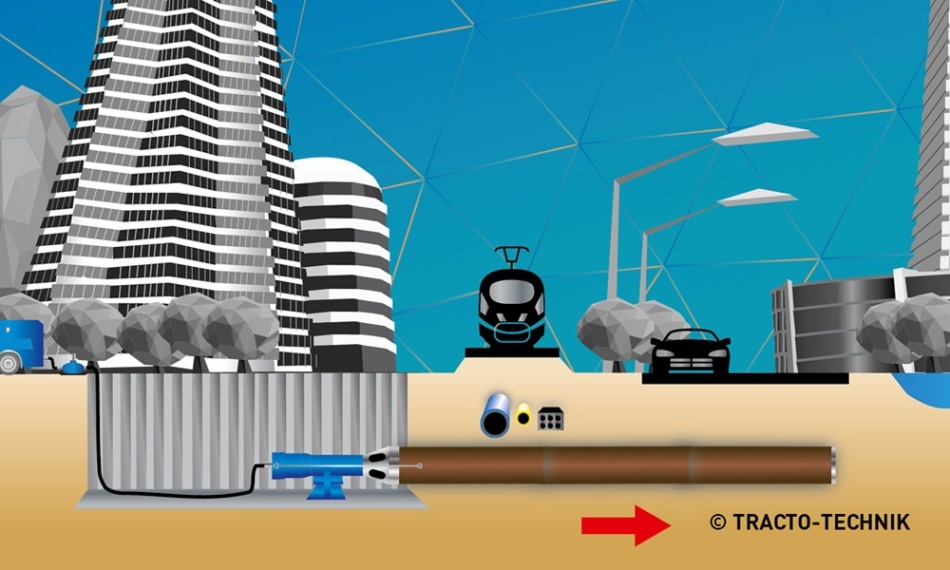Jun 22 2017
Researchers from Universidad Carlos III de Madrid (UC3M) are leading the implementation of a new kind of autonomous underground robot with intelligent navigation for urban environments. The system, developed within the framework of the European research project BADGER, aims to become a model for excavation technologies because of its high economic and social impact.

Participating in the project, which is coordinated by the UC3M Robotics Lab, are researchers from Germany, Greece, Italy and the United Kingdom. Its goal is to develop an intelligent system for the autonomous excavation of small diameter, high gradient tunnels in urban environments. “The use of innovative localization, mapping and navigation techniques, along with sensors and georadars, will allow them to be adapted to different land surfaces and aid in the analysis of the work environment and decision making in attaining the goals,” stated project coordinator, Carlos Balaguer, full professor in the UC3M Department of Systems Engineering and Automation.
BADGER (roBot for Autonomous unDerGround trenchless opERations, mapping and navigation) is a project that incorporates several innovations. The main one is this new application of robotics to an underground environment. Until now, robotics was a field focused especially on walking or rolling surface robots and flying or underwater robots. Autonomous navigation, meanwhile, is another of the project’s strong points, as all the sensors, georadars and computers will be integrated in the machine, which enables them to make a much more precise and controlled exploration of the land. Lastly, the use of ultrasound techniques to perforate the ground, accompanied by a 3D printer on the robot itself to reinforce the tunnel where the cables and tubes lie, also plays an essential role.
Sustainability in cities and support for rescue efforts
According to the researchers, BADGER is a distinctly ecological robot because it enables sustainable transformation of very congested environments such as modern cities. Thus, it will have an intelligent system that allows installations such as wiring or scoring to be built without trenches or the rerouting of traffic. “Given that the whole process will take place underground, noise pollution and contamination will be reduced,” said the researchers.
The implementation of these advanced robotics technologies, with cognitive and control abilities, has multiple applications. “It will notably increase European competitiveness in search and rescue operations (landslides), mining activities, applications with civilian use like water pipes, gas and fiber optics, exploration techniques, mapping, etc.,” Balaguer pointed out.
BADGER is one of the eight projects chosen in the ICT-25-2016 call, from the “Leadership in Enabling and Industrial Technologies” initiative. It is funded through Horizon 2020, the European Union Framework Programme for Research and Technological Development (reference number GA731968). Researchers from the following groups collaborate on this research consortium, which is coordinated by UC3M: the University of Glasgow School of Engineering (Scotland, the United Kingdom), the Centre for Research and Technology, Hellas (Greece), IDS Georadar S.r.l. (Italy), Singular Logic S.A. (Greece), Tracto-Technik GMbH & Co. KG (Germany) and Robotnik Automation SLL (Spain).
Diseñan un robot subterráneo inteligente para entornos urbanos